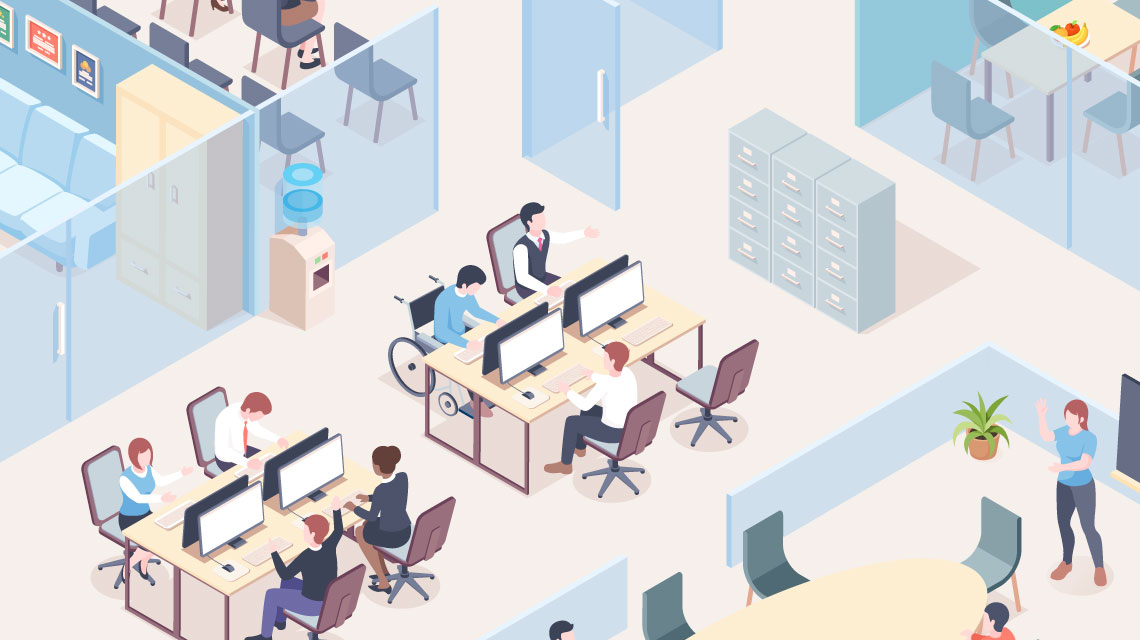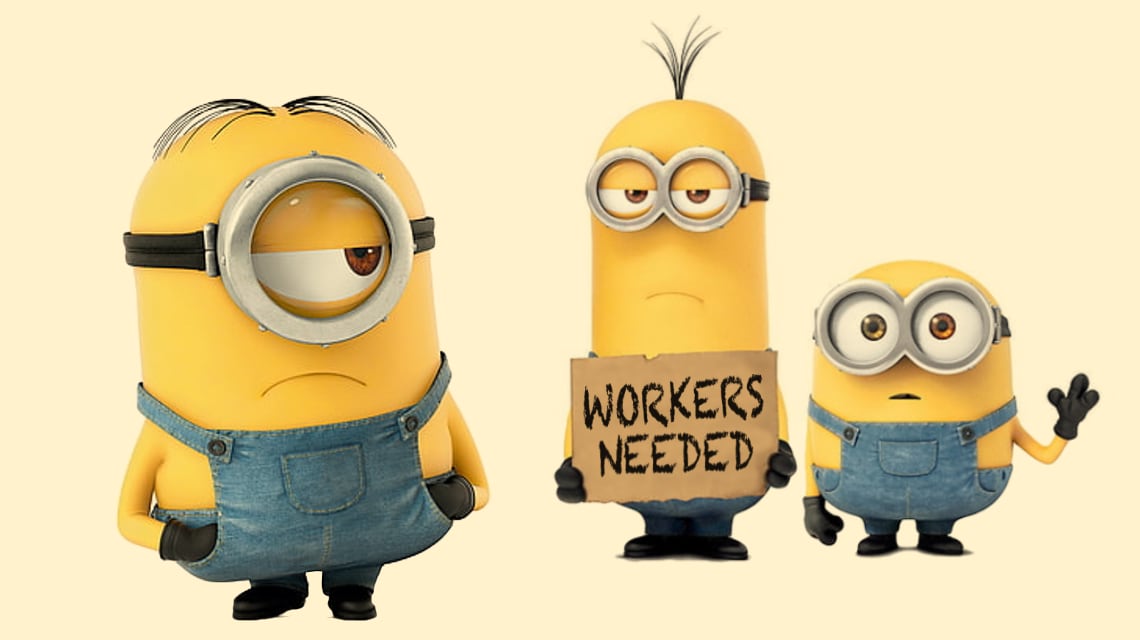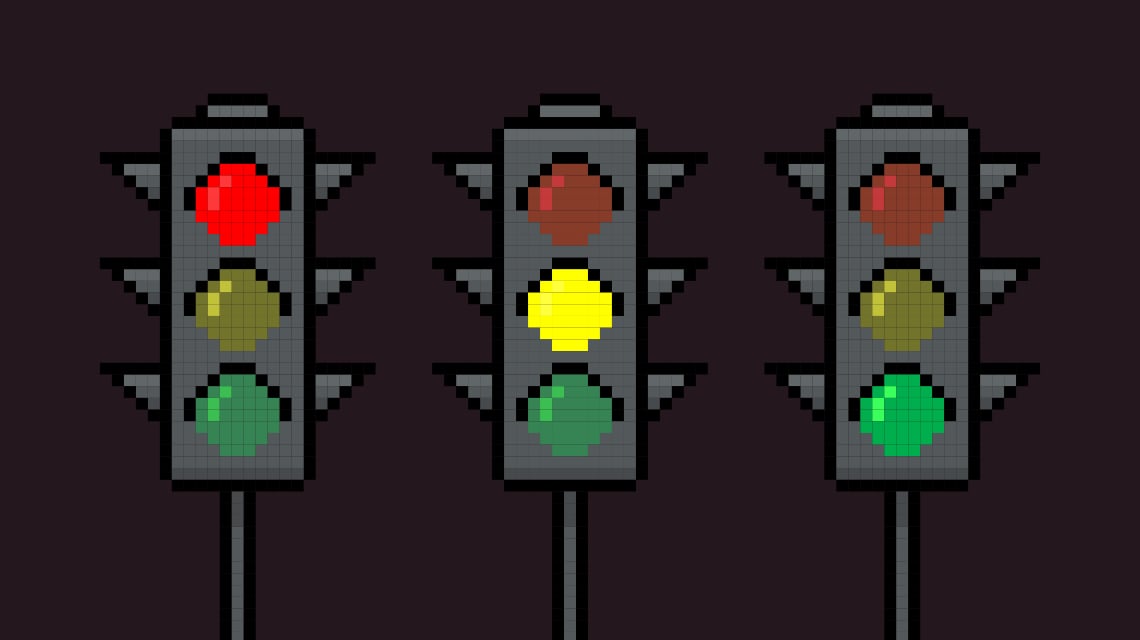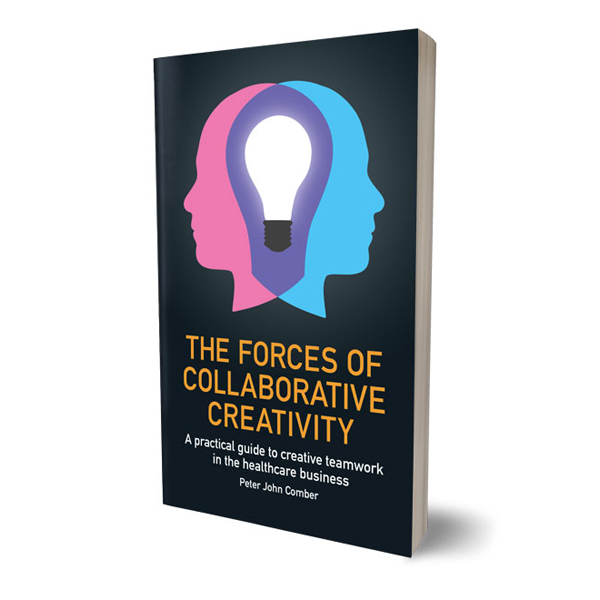Back-to-work self-determination.
The future of work place organisation and presence should be collaboratively created by the workers themselves.
The pandemic abruptly forced many physical workplaces to close and for businesses to continue with people working from home. An impromptu organisational experiment of breathtaking scope that, generally speaking, went better than expected. Workplace flexibility has ceased to be a theory - where, how and when people work has, undeniably, become more fluid. What that ultimately means for individuals and organisations is going to be the object of debate, negotiation and conflict.
In an article (‘It’s time for leaders to get real about hybrid’, July 2021) in McKinsey Quarterly, the authors wrote: ‘Employers are ready to get back to significant in-person presence. Employees aren’t. The disconnect is deeper than most employers believe, and a spike in attrition and disengagement may be imminent.’
More than three-quarters of C-suite executives expect the typical “core” employee to be back in the office three or more days a week, while nearly three-quarters of employees want to work from home for two or more days per week, with more than half wanting at least three days of remote work.
Sources: McKinsey CxO Survey on Return to Workplace, May 2021, n=504; McKinsey Reimagine Work: Employee Survey, January 2021, n=5,000.
Mass work from home has been a systemic shock that has led a significant number of workers to question and reevaluate their relationships with their employers. The pre-covid workplace will not return. Naturally, different actors can have contrasting views on what the post-covid workplace will be like and management must understand that this is not merely a logistical problem. Pragmatic benchmark behaviours need to be established, work has rules and they must be rewritten, but there are significant emotional aspects to the workplace revolution and they are amplified in the current uncertainty of a transitional phase.
Nobody knows how long the transition will last, nor what comes next. Probably, the new rules will not be definitive - the future of work is a work in progress. Knowledge-based companies will adopt hybrid systems to reap the dual advantages of remote and in-person work. The optimal balance will be different from workplace to workplace and even vary seasonally within a workplace; because the crucial occasions for working at home or in the office vary with roles and processes. Furthermore, the needs and preferences of the business cannot automatically trump the wishes of the worker without workplace flexibility becoming a factor in employee hiring and retention.
Organizations need to develop the capability to self-organise. As workers return to the workplace they should have influence and a degree of control over how the hybrid-working model that governs them is designed. To do this effectively they will need a deeper understanding of their role and the way different functions must efficiently coexist. Collaborative Creativity is a methodology that helps diverse groups examine problems and define solutions that satisfy their different needs and expectations. Through the forces of Empathy, Self-discovery, Cohesion, Realisation and Invention, the new workplace can be designed to meet the needs of business and its workforce.





